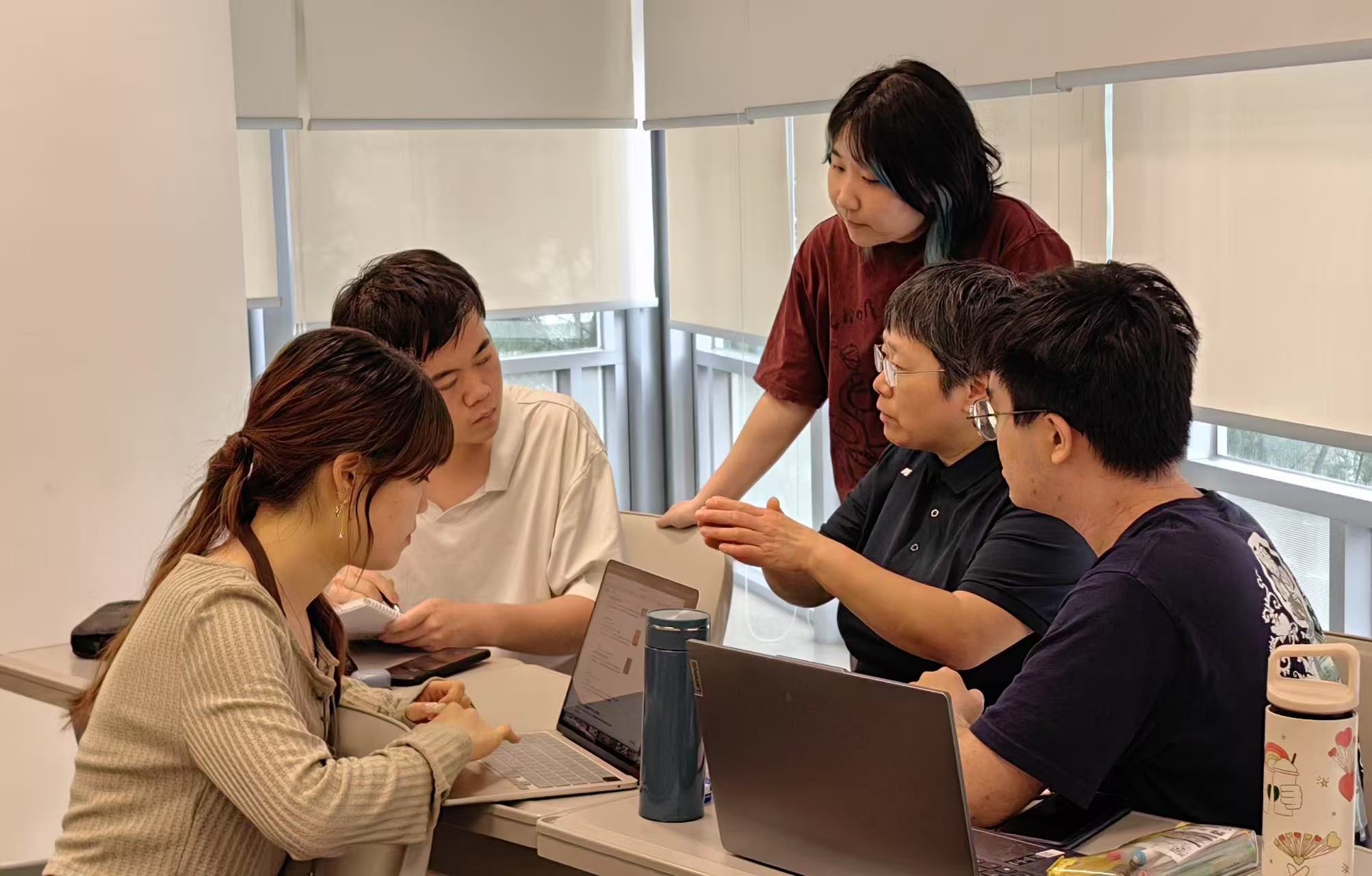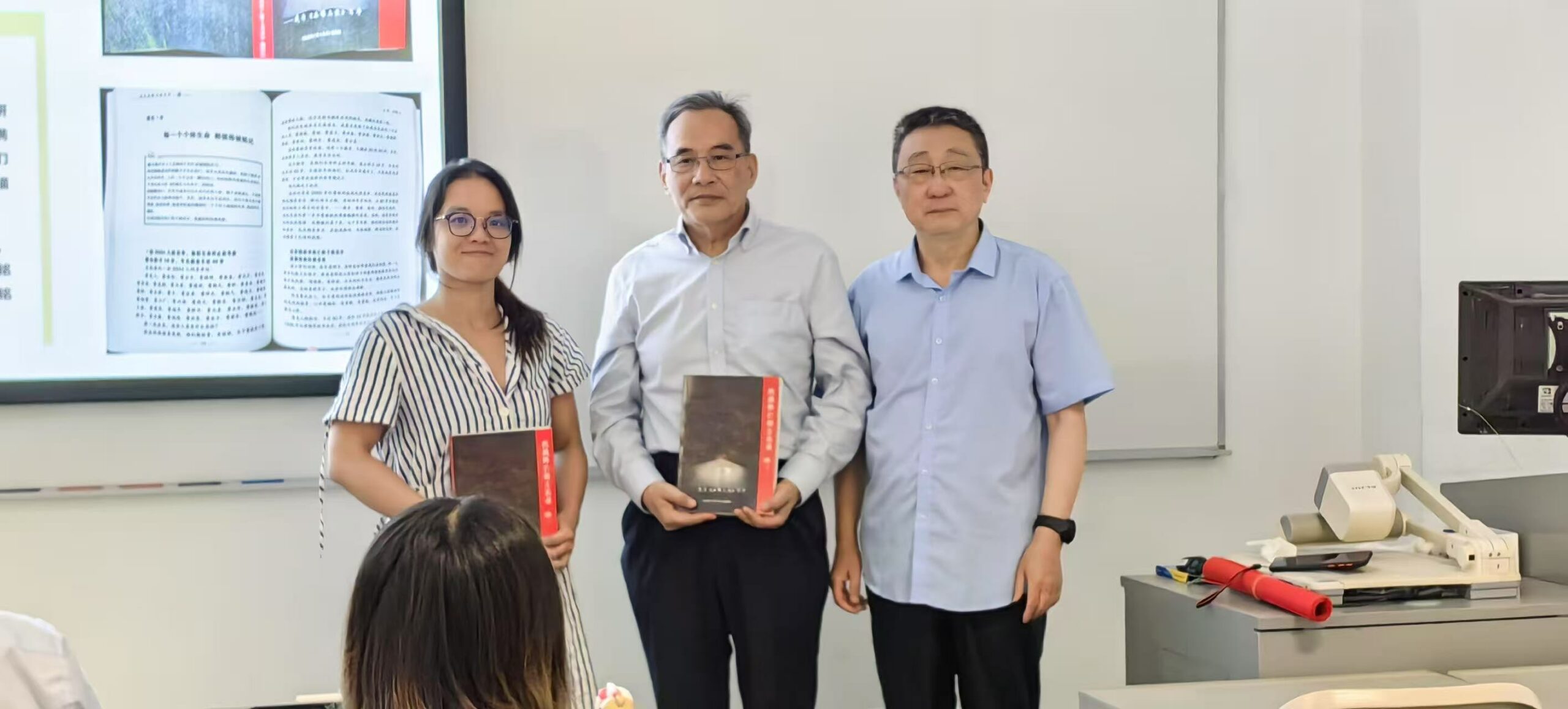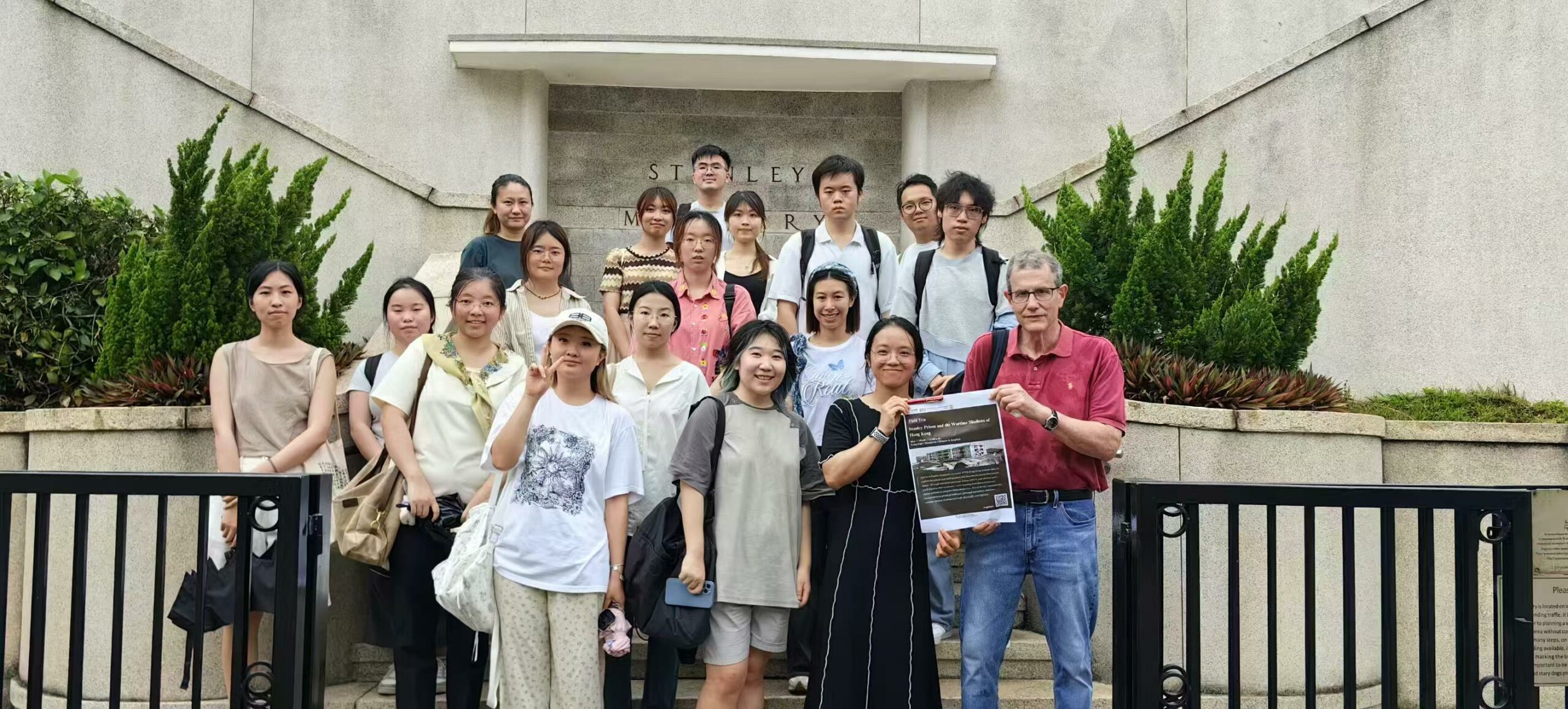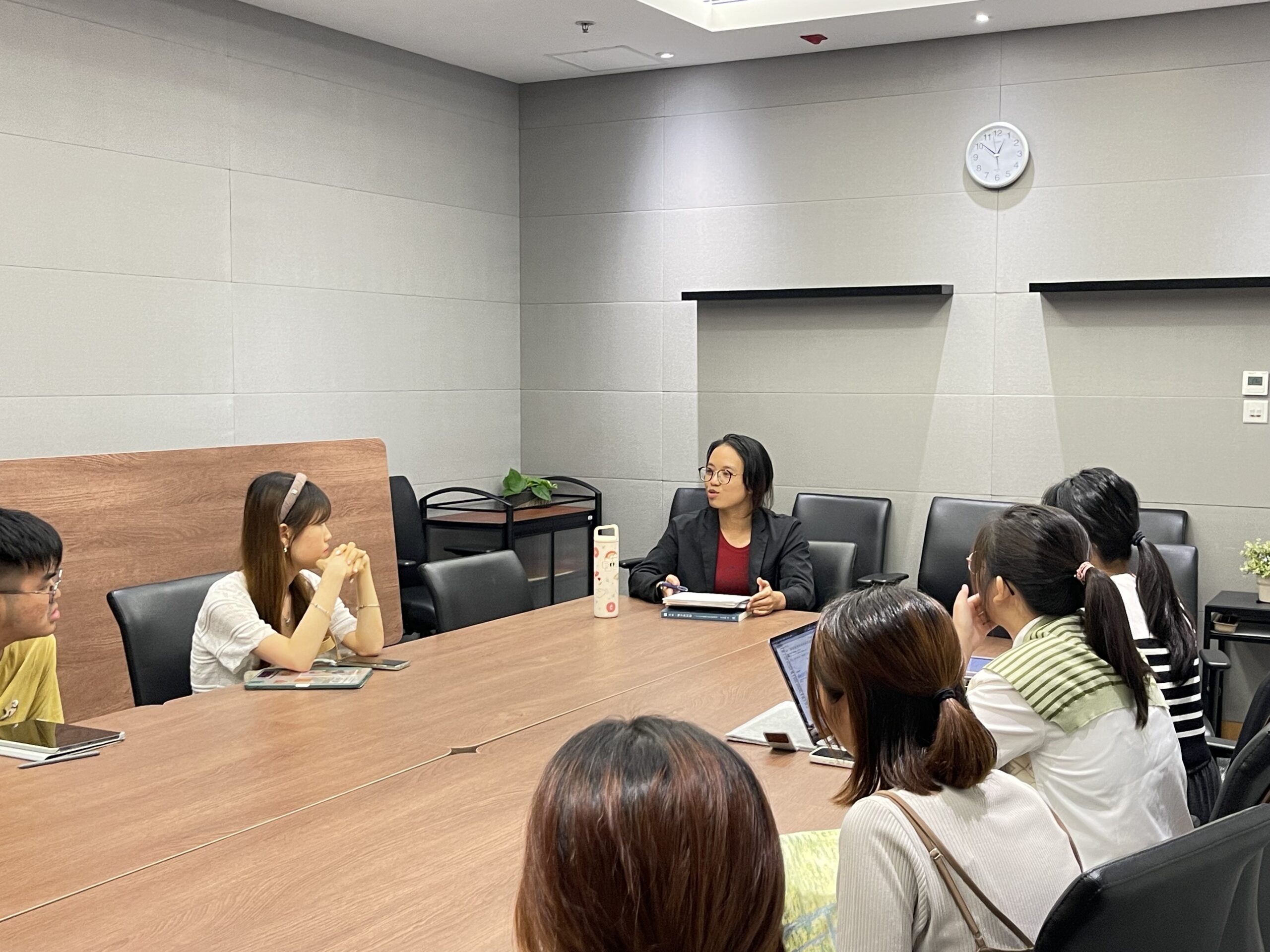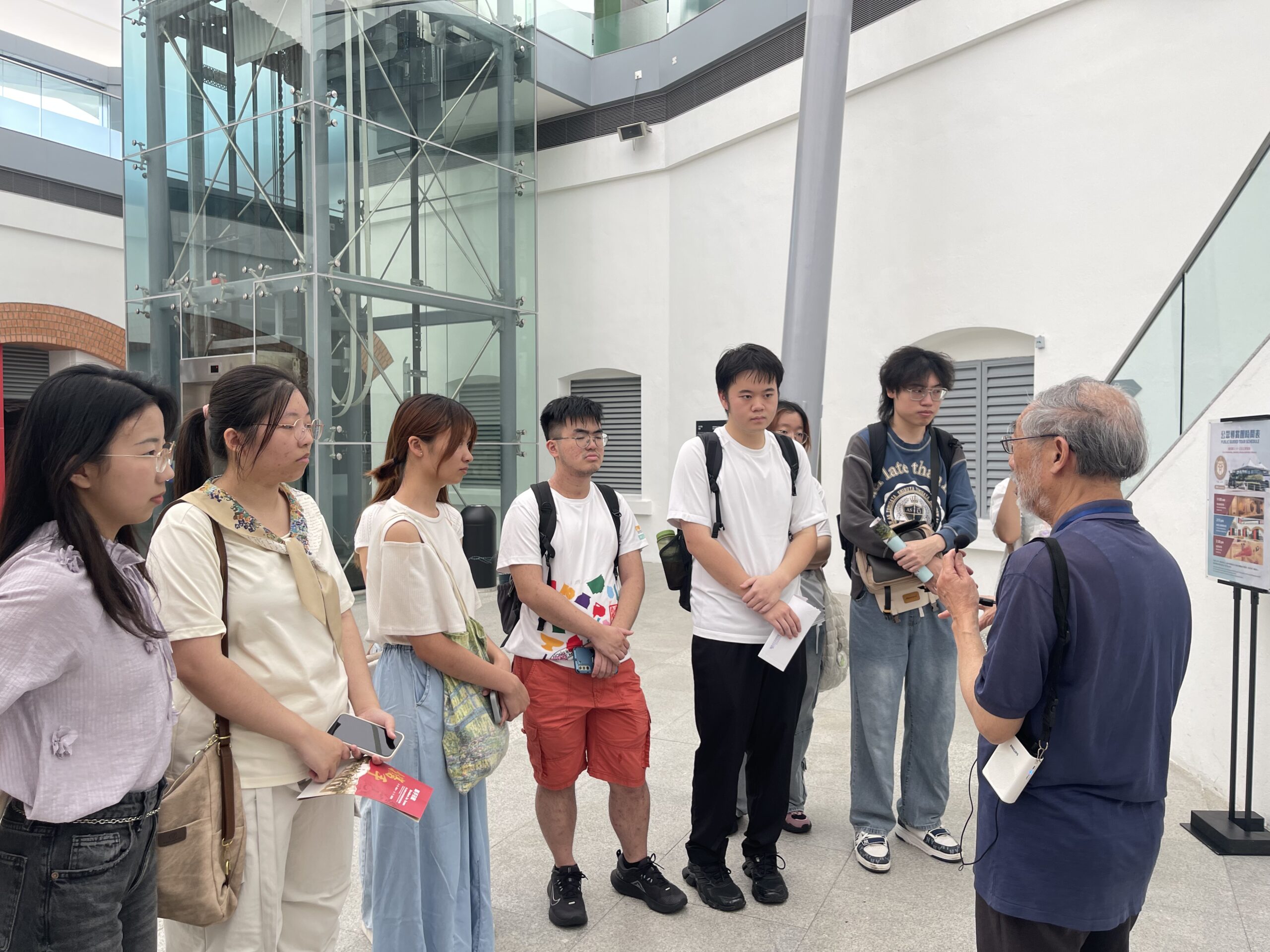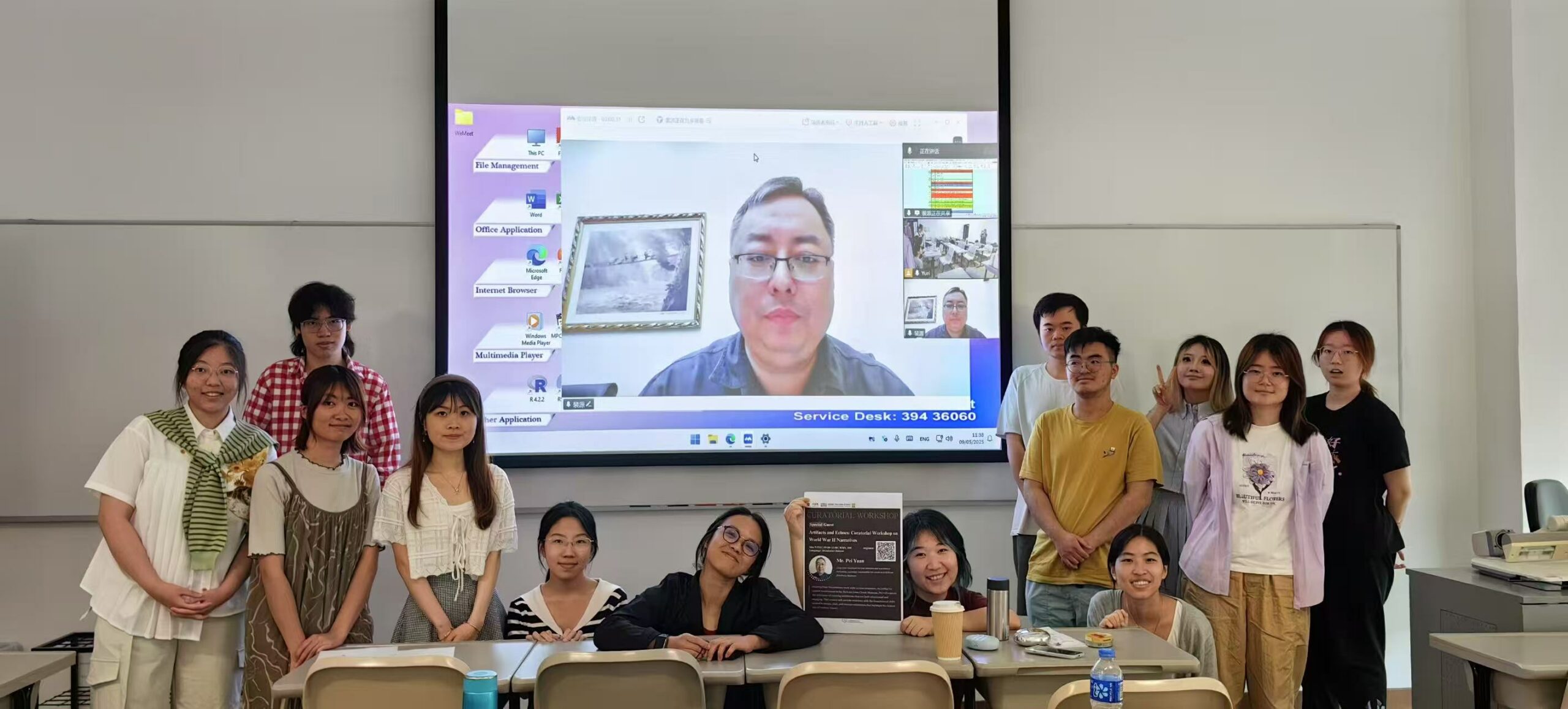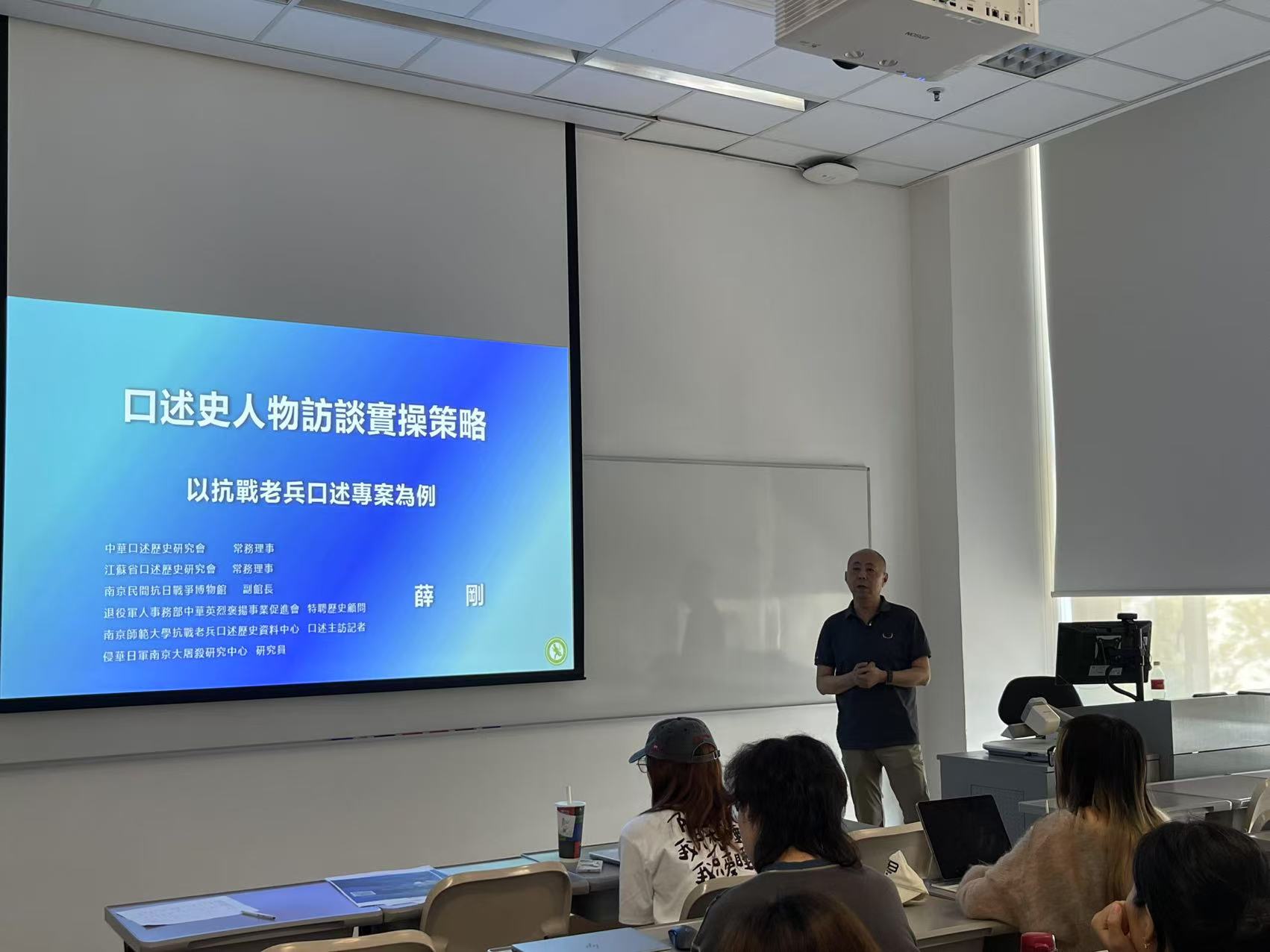[Workshop News] Guardians of Forgotten Histories: CUHK Students Reimagine War Memory Through Curation
From May 2 to 10, 2025, undergraduate students from diverse academic backgrounds at The Chinese University of Hong Kong participated in Guardians of Forgotten Histories: Doing War Commemoration, an interdisciplinary workshop series exploring the complexities of wartime memory. Organized and led by Professor Jacqueline Lin from Centre for China Studies, the workshop brought together undergraduate and graduate students, as well as members of the public interested in memory, history and heritage.
Focusing particularly on the Second World War in the Greater China region, the workshop encouraged participants to critically examine the politics of war remembrance. Over ten days, students engaged in lectures, guided field visits, and expert-led discussions to explore diverse forms of commemoration beyond nationalistic narratives. These included oral history practices, NGO initiatives, archaeological case studies, and emerging digital platforms such as online memorial archives and short video storytelling.
Field-based learning formed a central part of the experience. Participants visited historically significant sites including Stanley Peninsula and the Hong Kong Museum of the War of Resistance and Coastal Defence, and gained rare access to a private World War II collection. Through these encounters, students had the opportunity to speak directly with curators and collectors, learning how material culture, narrative framing, and public space influence how war is remembered and contested.
As the workshop’s culminating project, students will work in small groups to co-curate a series of online exhibitions. Guided by thematic lenses, such as the materiality of war, spatial politics, gender and emotion — these digital showcases will present alternative wartime narratives and challenge dominant frameworks. By moving beyond simplified binaries of nation and empire, victory and victimhood, the student curators seek to reconstruct a more humane, pluralistic, and affective archive of war.
The final online exhibitions will launch later this summer on a dedicated digital platform, offering the broader public an opportunity to engage with reimagined memories of conflict and to reflect on how and why we choose to remember the wars of the past.
